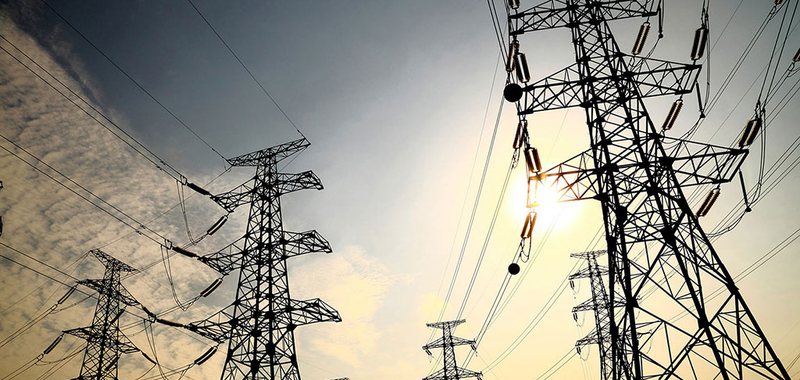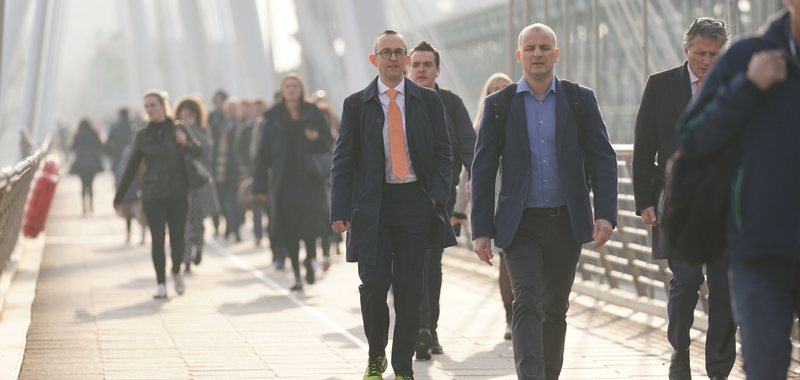"Save money for times of crisis" - ECB: Families should keep cash at home for emergencies

The European Central Bank (ECB) has stressed the importance of cash as a tool for national crisis preparedness, urging households to keep cash at home for emergencies. The call follows practices already in place in countries such as the Netherlands, Finland and Austria, where citizens are advised to have 70-100 euros per person in cash. Similar programs have been developed by Sweden and Norway.
The main argument is that digital systems can collapse at any moment. The call follows similar advice for citizens in member states to stockpile enough money, food, water and medicine to survive for 72 hours in the event of a service disruption. The advice was prompted by the war in Ukraine, the Covid-19 pandemic and natural disasters. Fires and floods have exposed Europe's vulnerabilities and led to increased spending on security and defence.
“Money is a critical element of national crisis preparedness,” says the ECB report, which examines the impact of crises such as the pandemic and power outages in Spain and Portugal. It also notes that physical currency “not only serves to meet individual needs, but also contributes to broader systemic resilience.”
“The utility of cash increases significantly when stability is threatened – regardless of the specific nature or geographical scope of the underlying shock, or the degree of digitalization,” the ECB also asserts.
Digital payments dominate retail transactions and banks are cutting costs by closing branches and ATMs. But policymakers are under pressure to ensure that households maintain access to banknotes and coins.
The ECB document highlights a paradox: Despite the fact that cash is increasingly absent from everyday payments, the demand for it increases when trust in financial or digital systems is shaken.
This pattern of behavior was evident during the pandemic and other events, such as the power outage that paralyzed Spain and Portugal in the spring.
In the case of the pandemic, cash increased by 140 billion euros in two years, compared with an annual increase of 55 billion euros before the crisis, the ECB notes. The increase came even as consumers turned to contactless cards and online shopping, due to health concerns and isolation.
According to the report, cash systems need to be built to withstand rare but extreme crises.

Switzerland, the second richest country in the world - With a per capita income of around 270,000 euros, it ranks behind the USA
The global population grew richer in 2024, while Switzerland remained the second richest country in the world in terms of net wealth per capita. According to......

Constructions with public funds under "magnifying glass" - Muçaj: Be exemplary entities, they will be penalized for development permits
The State Labor Inspectorate has focused on the construction sector, launching an in-depth inspection campaign in all projects financed with public funds.......

Around 112 thousand new insurance contracts in 2025 - AFSA: The insurance market also increases its performance in premiums collected
Although at a slow pace or with occasional fluctuations, a greater insurance culture is being cultivated among Albanians from year to year. This is......

Energy losses in the network will be reduced below 12% - Government objective for the 4-year period: We rely on new measurement technologies
The government aims to reduce energy losses in distribution to less than 12% within 4 years. The government program 2025-2029 states that this result will be......

Greece, 1 billion euro increase in household deposits - Gross wealth per capita estimated at 33,190 euros for 2024
Monthly net flows in August into Greek households' deposit accounts with banks are estimated at 1 billion euros, with their balance standing at 151.3 billion......

Britain, mandatory digital IDs for employees - Government measure aims to curb illegal immigration
The British government has announced that every employee will have to have a mandatory digital identity document, as part of Prime Minister Keir Starmer's......

253 million euros in the coffers of municipalities - Less income in the 8-month period. Local taxes fall by 26 million euros
Revenues collected by local governments have declined throughout this year, reflecting a less than satisfactory performance. The 61 municipalities in the......

EU plans 25-50% tariffs on Chinese steel - Beijing produces more than half of the global total
The European Commission plans to impose tariffs of 25% to 50% on steel and its by-products from China in the coming weeks, according to German media outlet......

















